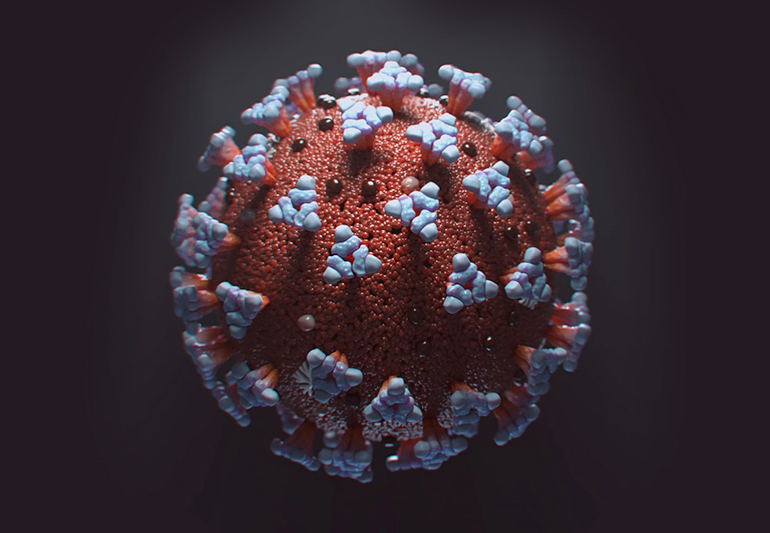
Omicron waves are subsiding across the world. It infected the highest number of people in the shortest time. These record-breaking spikes were surprising as a huge number of people were already vaccinated or previously infected in the last two years. This immunity evading capacity of Omicron dashed all the hopes of those who were waiting for herd immunity to kick in since the start of this pandemic. The only good thing was that in most countries the Omicron wave did not cause so much serious disease or deaths, raising hopes of a milder coronavirus disease in future waves. Some countries were exceptions including the USA which saw record breaking death numbers including hospital systems under stress due to an increased number of serious patients and also due to infection of healthcare staff themselves.
But now both new cases and deaths are decreasing in the USA too, raising hopes of a few months respite until we are faced with another wave. Some are hoping that there will be no wave in future as majority of the world population is either vaccinated or infected so could face the next variant a little better. That is why most countries are releasing nearly all restrictions in moving toward a “normal” world. Vaccine makers are expected to bring updated booster injections which may deal with new variants better. We are still struggling for a “cure” but there are some effective medicines available, and hope is to have a better arsenal of antivirals in the coming days.
But how sure are we that this will be the last wave? At least I am not so sure as Omicron has taken that myth apart that herd immunity could save us from new variants infections. Immunity evading variants were expected but no one expected that after two years of natural infection and vaccinations, the new daily infection numbers will break records of the last two years. Though the accessibility of tests has increased significantly, the number of unreported cases has also increased significantly. Many are using home based quick tests which are hardly reported into national figures. Many are now less afraid and are more familiar with the disease and are dealing with it at home without opting for any tests. As Omicron was less deadly, the world fared a bit better with some exceptions. That may be the reason that some countries now want to forgo daily infection numbers all together and just focus on hospitalisation. They are hoping that in milder coronavirus waves in future it will be less damaging politically to report hospitalisation rates as compared to daily infection rates.
When at national level you focus on hospitalisation or death numbers instead of new infections, you are actually surrendering against the virus. You are admitting your defeat in public health measures which could control the spread of disease. Once the hospitalisation and death number start to rise, that means any public health intervention will be two to four weeks late and actually miss the critical time for intervention.
Unfortunately, these types of decisions are being made by those who never controlled a single disease outbreak in their lives, but were assigned this role due to their stature or for just political expediency. We need to stay vigilant by focusing on how SARS-COV-2 (virus which causes Covid-19) is evolving and spreading, to control future waves. We can’t unilaterally declare victory and shut our health intelligence system while the virus is fast evolving into immunity evading variants. Last Omicron wave was caused by B.A.1 lineage. Another lineage of Omicron B.A.2 is already now replacing the earlier one and is in more than 50% isolated in countries like Pakistan, India, Bangladesh and many others. B.A.2 is 30% more infectious than the original omicron and some earlier studies are showing it is even severer. It may not be the case, but it reminds us to keep our eyes open. Identifying outbreaks early and controlling them locally and effectively is a time-tested public health measure. Cat will not disappear by pigeon shutting its eyes. We need a more robust health intelligence system now than any time previously.
Published in The Express Tribune, February 22nd, 2022.


